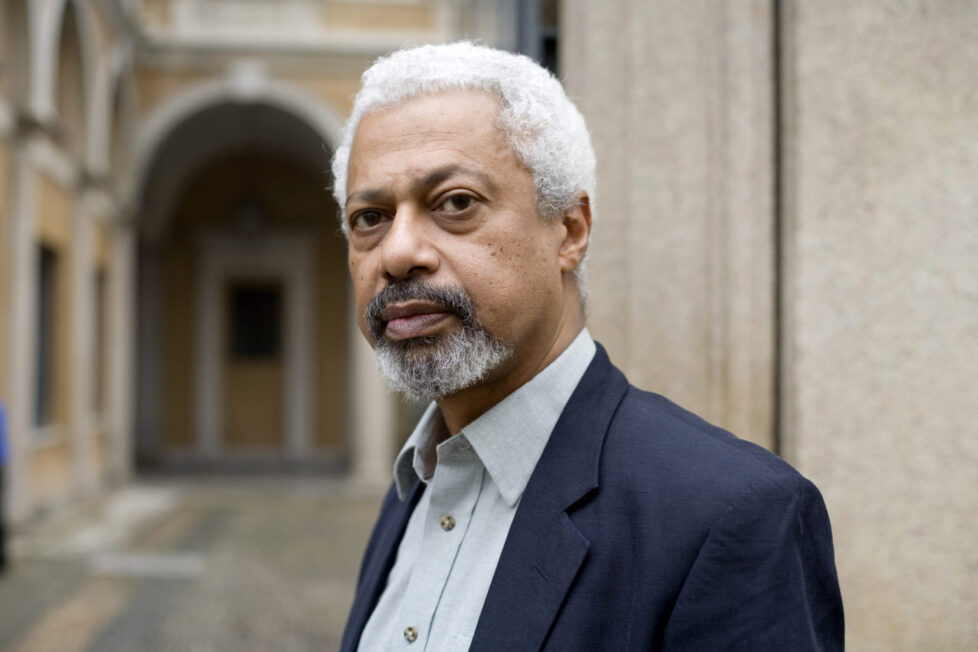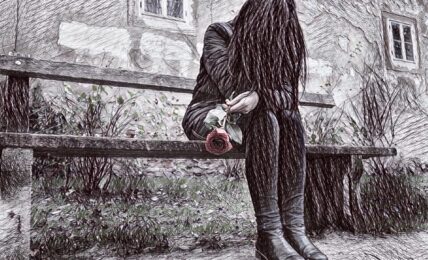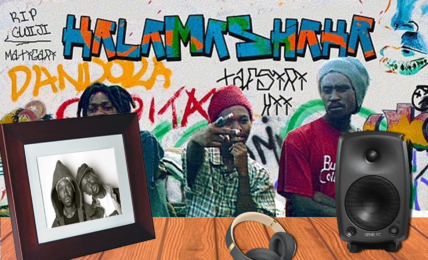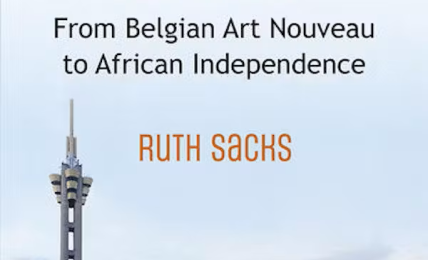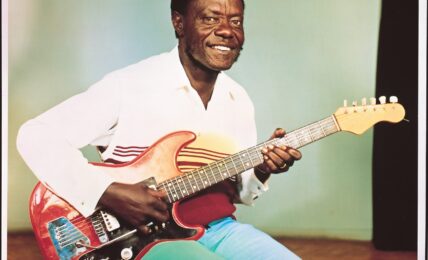African Writers React to Abdulrazak Gurnah’s 2021 Nobel Prize for Literature Win
"Not that I care much for the obsession with these prizes, I am fascinated by the choice of Gurnah over Ngugi for the Nobel Prize in literature. Gurnah is accomplished but obscure, I can bet my money that very few have heard of him or even read him in Africa," says Ikhide R. Ikheloa.
